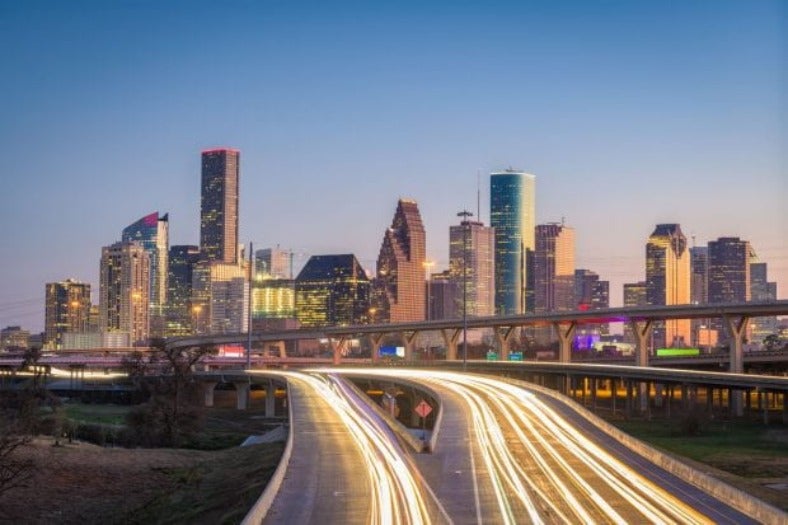Houston, as the intellectual capital for the energy industry, can become a global leader in advanced plastic recycling, according to an expert from Rice’s Baker Institute for Public Policy.
Advanced recycling, or chemical recycling, transforms post-use plastics into their original, chemical building blocks so they can be continually reintegrated into the supply chain. Houston has the largest concentration of petrochemical manufacturing in the world, giving it “enormous leadership opportunities,” according to Rachel Meidl, the fellow in energy and environment at the Baker Institute's Center for Energy Studies.
“A recent report by the Center for Houston’s Future and the University of Houston illustrates that based on current plastics production capacity and the types of plastic wastes generated in the Houston area, the region could support up to 100 advanced recycling facilities by 2030, each capable of processing 25,000 tons per year, reducing greenhouse gas emissions by 10 million metric tons of CO2 per year, and in total supporting 15,000 jobs and half a billion dollars in annual payroll,” Meidl wrote in a Baker Institute blog post.
“As much as half of all global plastics packaging could be recycled by 2040 if chemical recycling technologies were widely adopted,” she continued.
Houston’s plastics manufacturing, along with its relatively low energy prices and the increasing availability of renewable electricity, puts the region in a unique position to lead the circular plastics economy, Meidl argues. But she says new policies could get in the way. For example, the recently introduced Climate Leadership and Environmental Action for our Nation’s Future Act (CLEAN) would, in its current form, “exacerbate vulnerable supply chains by placing an inordinate pause on permits for advanced recycling facilities and new plastics production facilities.”
Such legislation “would hamper the nation’s ability to sustainably manufacture and recycle all varieties of polymers that our current recycling systems and technologies cannot manage, meaning the post-use plastics that are not widely recycled today will have an end-of-life destined for landfills, incinerators or abandoned in the environment,” Meidl wrote.
“Policy that restricts advanced recycling markets is in direct contradiction to (President Joe) Biden’s plan for developing sustainable infrastructure and an equitable clean energy future,” she continued.


